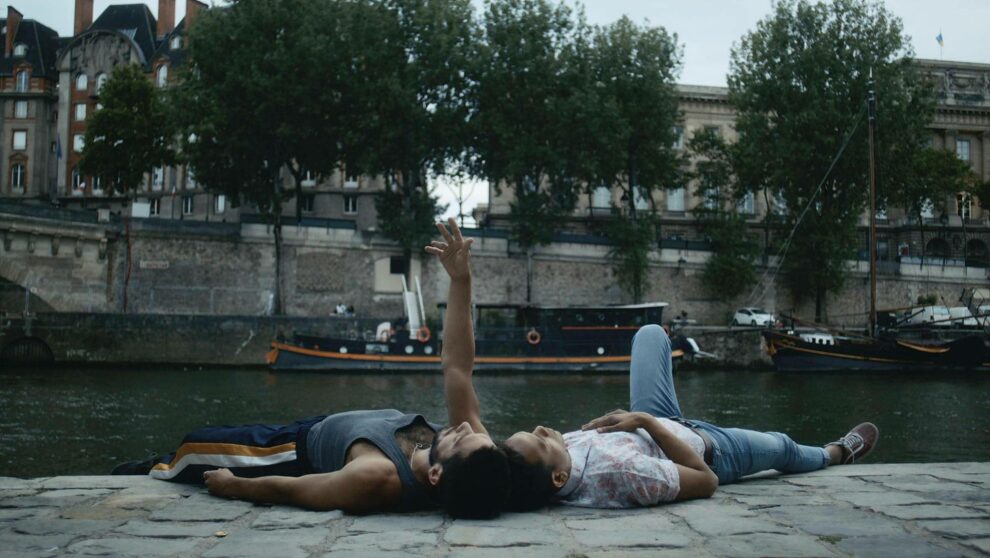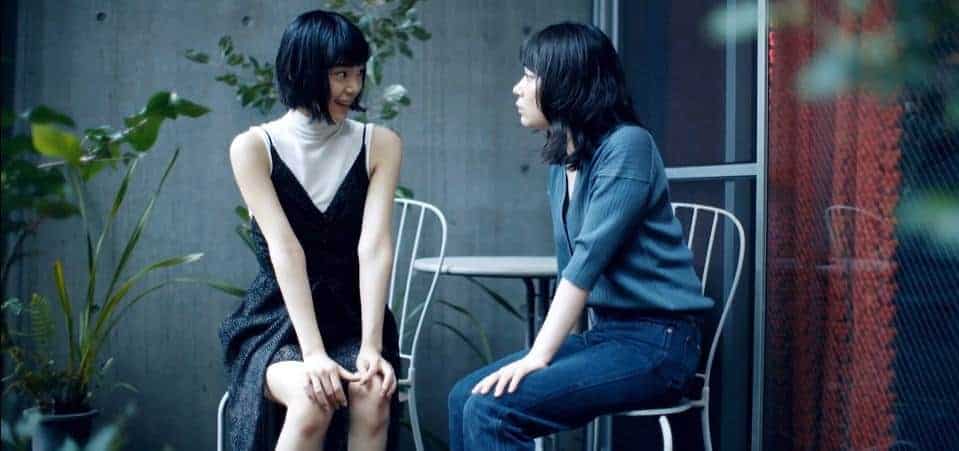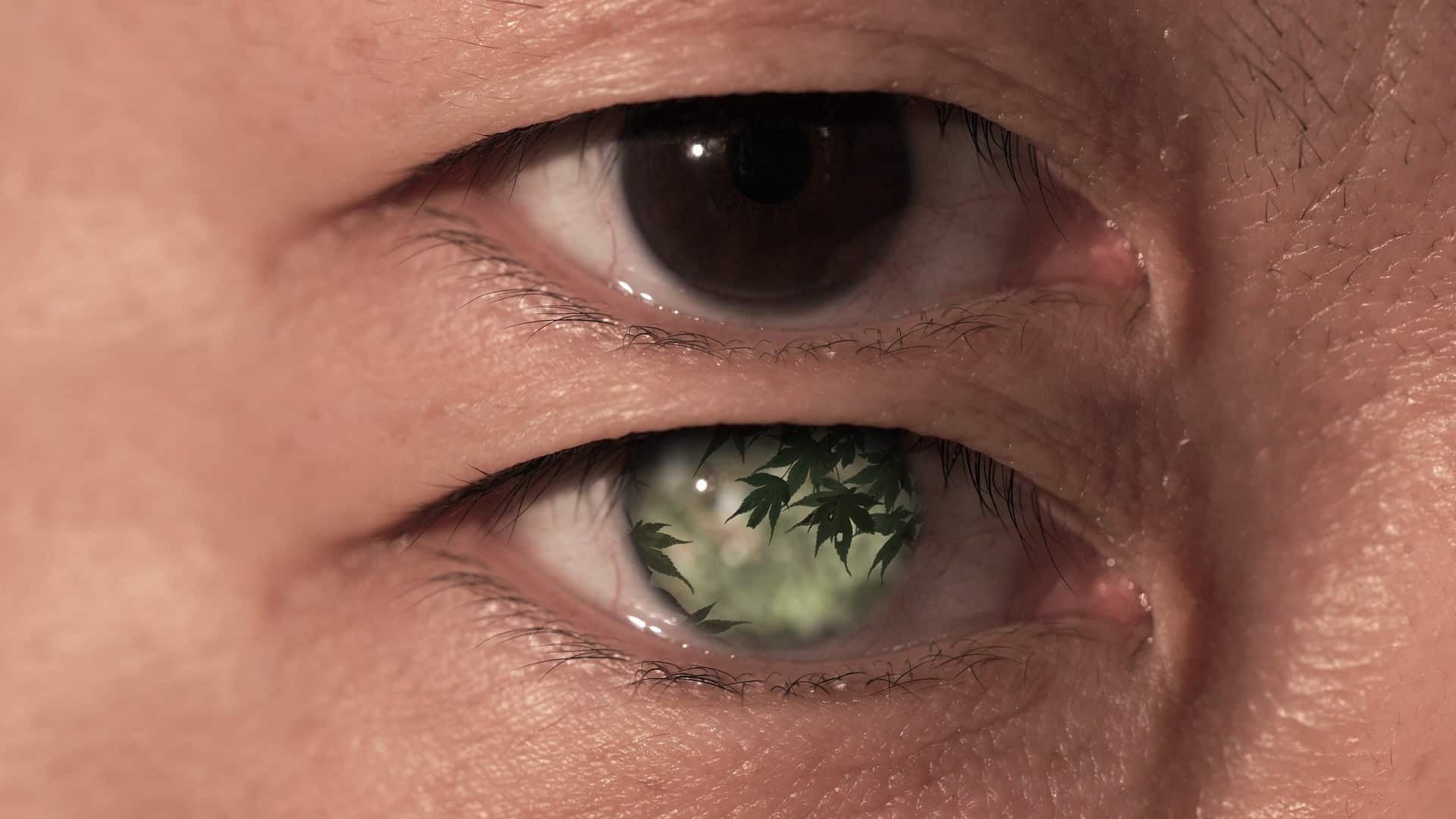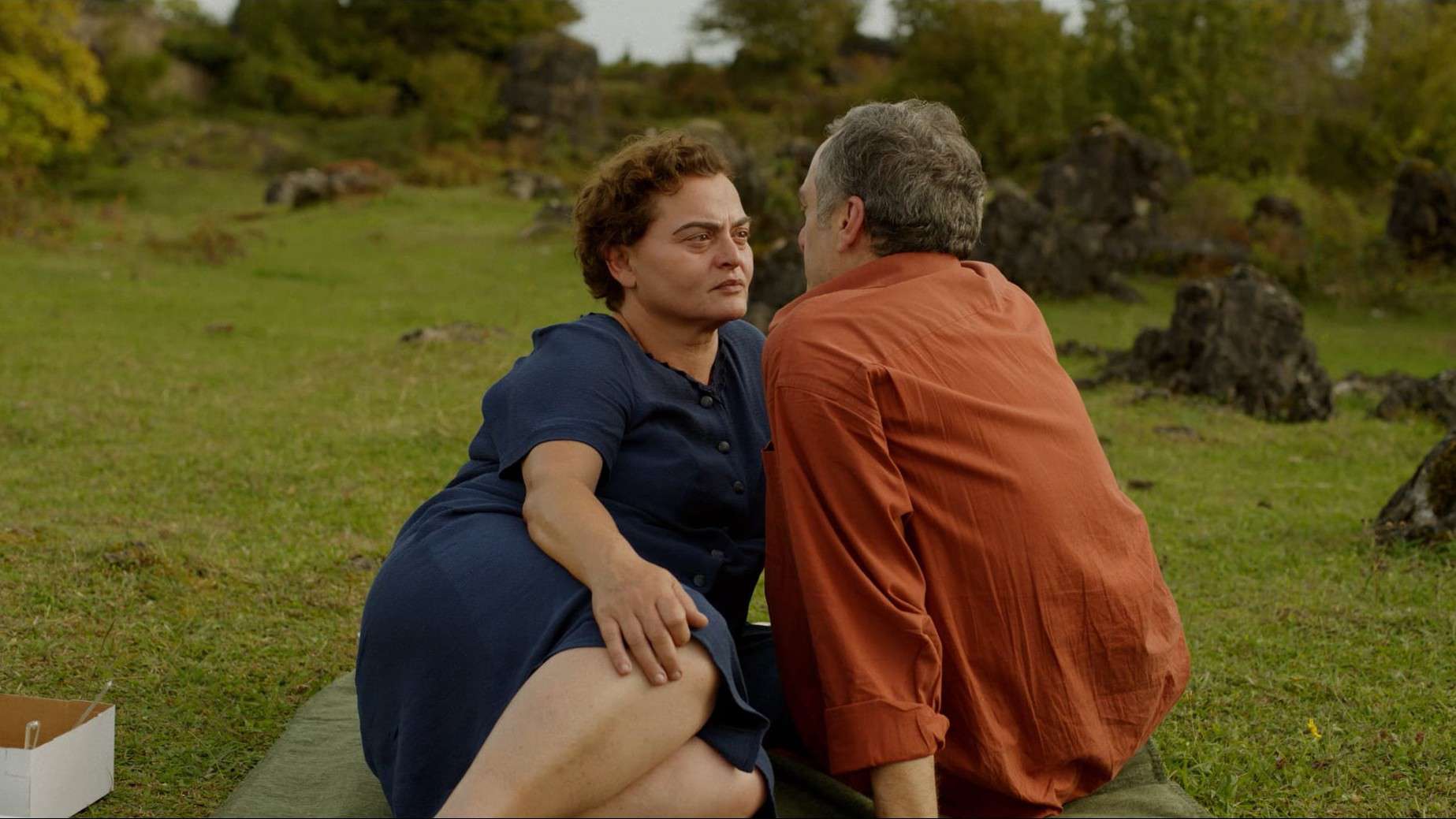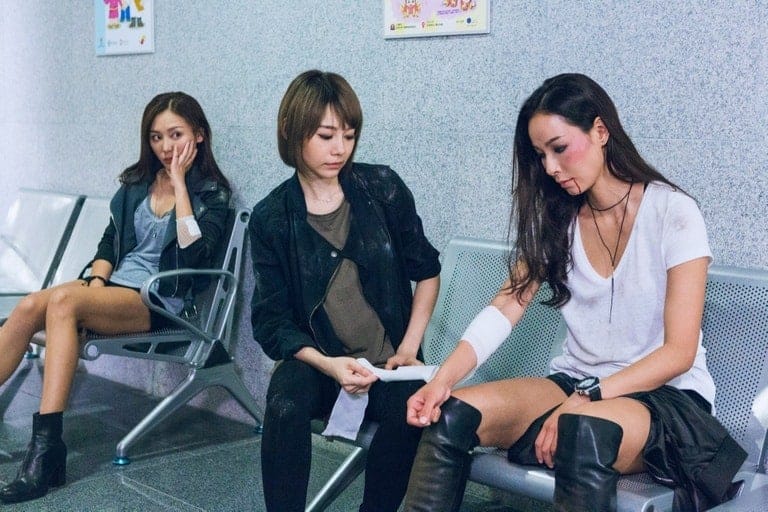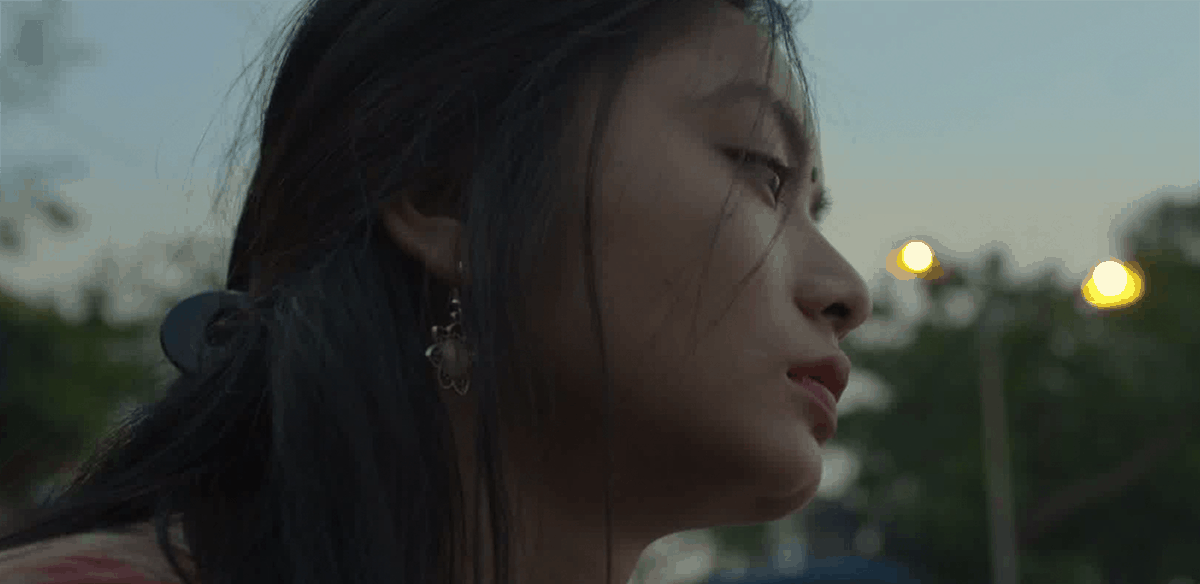Winner of a special mention from the Sonje Award jury in Busan, “Everybody's Gotta Love Sometimes” is a rather courageous short regarding a refugee from Myanmar who tries to navigate his current life, his sexuality and his past in France.
Everybody's Gotta Love Sometimes is screening at Busan International Film Festival
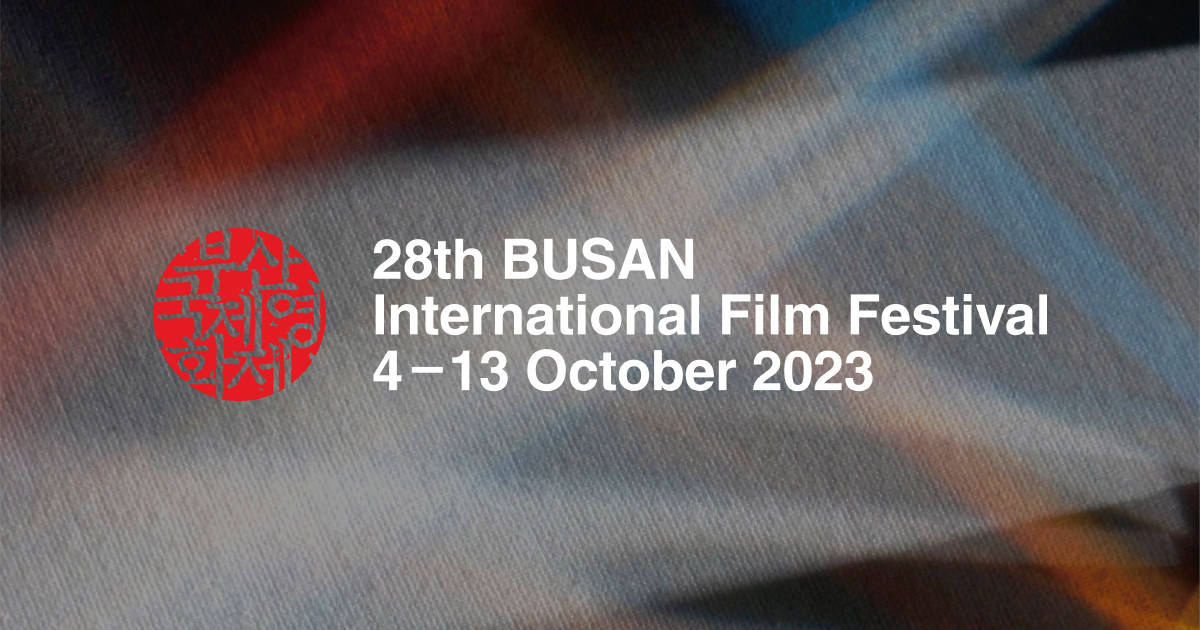
The movie begins with Phyo, a young man lying in bed in his underwear, trying to learn French from his smartphone. The initial phrases are the typical ones, about one's name and location, but soon his questions change to more intimate ones, such as 'embrace me', ‘kiss me' and ‘I want sex', quite eloquently mirroring the sentiments of the protagonist. An expected masturbation soon gives its stead to a visit to a sex shop, but a phone call about the papers needed for Phyo's stay in France bring the protagonist back to reality, to a point at least.
Check also this article
The introduction to a dancer training is juxtaposed with voices of people bullying someone regarding being a homosexual, with a demonic hand accompanying the sounds, adding tension and an aspect of horror in the movie, as it becomes obvious that the voices come from the protagonist's past. An interaction with another man who tries to be friendly in a somewhat too “masculine” way brings the tension back, but the appearance of the aforementioned dancer relieves it once more. Furthermore, it soon introduces yet another level, as the movie indulges in the voyeurism presented through Phyo's eyes, at least until he also becomes part of the performance. Things eventually take a turn for the better, but the past trauma still exists.
Considering that the premises of the movie are intensely autobiographical, the whole thing emerges as rather courageous, since individuals talking so openly about their urges, and even more when we are talking about a homosexual refugee, is not exactly common, and definitely takes a whole lot of courage for someone to open up like this. This, however, is exactly what Sein Lyan Tun does here, through the protagonist Ko Latt, who seems to embody the director's thoughts and mentality as accurately as possible, in a truly captivating performance.
At the same time, the concept of trauma and how it can shape people, even more so when combined with instinctive urges, is also commented upon, adding to the richness of the narrative and also inducing the short with a sense of realistic drama that works quite well here. The way that even when Phyo is met with kindness, his reaction is aggressive, is again as sincere as possible, but also presents a remark on how difficult it is for such an individual to actually form connections with anyone, in an aspect that can easily be perceived as a cry for help, when one considers the autobiographical approach of the short.
At the same time, Lyan Tun does not forget about beauty, with the performances by Alexandre Nara being quite impressive to watch, both in the training session and in the common one between the two protagonists, by the Pont Neuf bridge. Robin Pogorzelski's cinematography finds its apogee in these two scenes, although his overall, quite realistic approach is competent throughout the movie, with the initial scenes reminding somewhat of Leslie Cheung in “Days of Being Wild” and the one by the wall being simple impressive. Ella Dixon's editing, however, is where the production values finds their zenith, with her occasionally sudden cuts giving a very appealing sense of speed to the movie, while becoming part of the humor, the drama, the beauty and essentially all of the elements presented here.
“Everybody's Gotta Love Sometimes” delves into a Myanmar refugee's life in France, bravely tackling intimate desires and past trauma. Sein Lyan Tun's candid storytelling explores the complex interplay of instincts and trauma, through Ko Latt's acting. The 14-minute short is visually captivating, with standout performances and competent cinematography, while the impressive editing by Ella Dixon adds dynamism and depth, in an overall splendid work.


